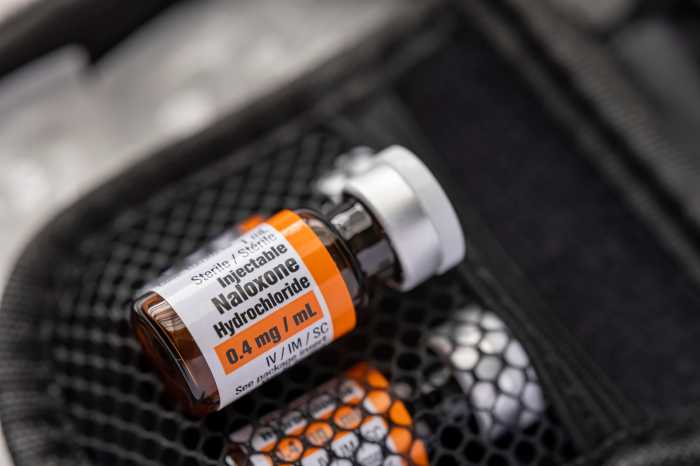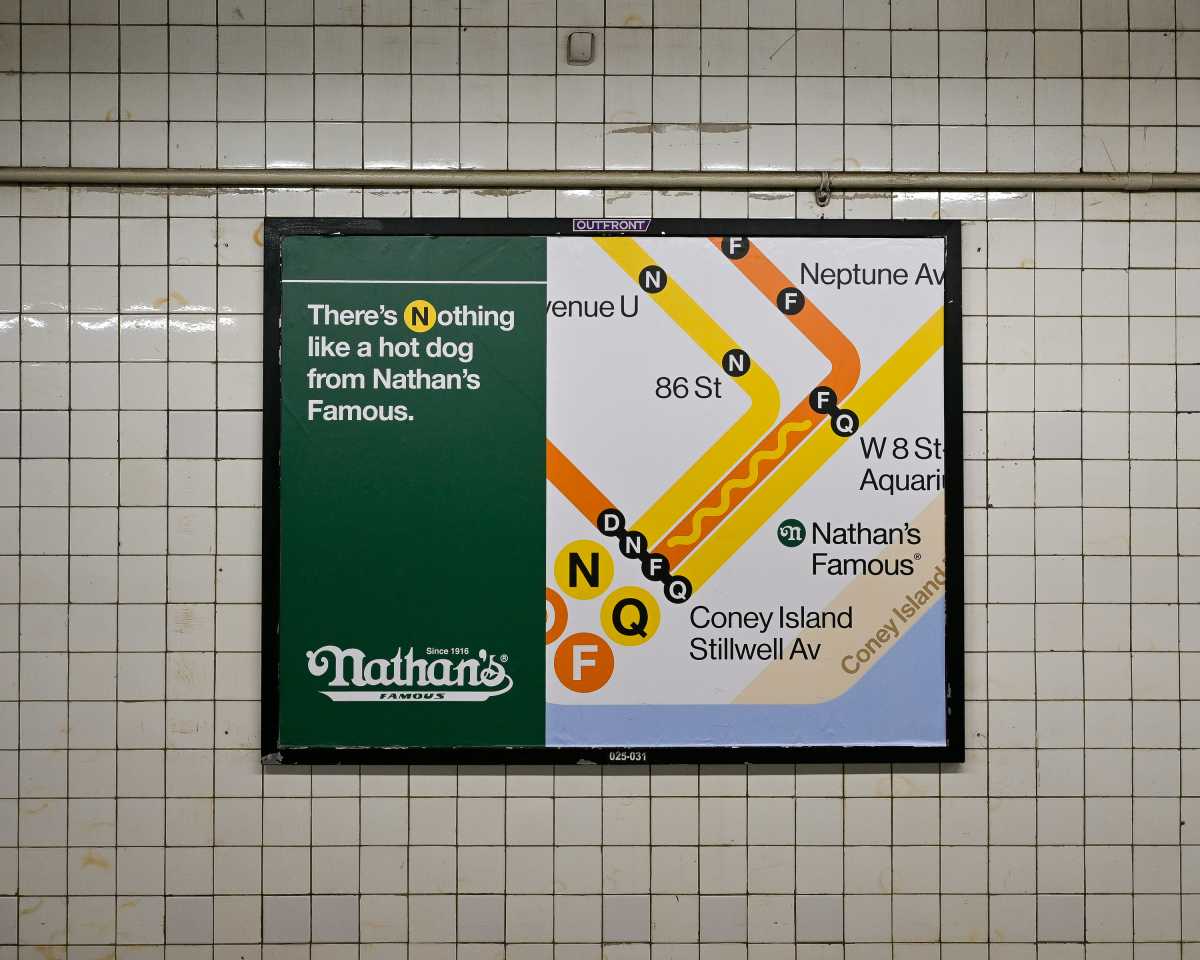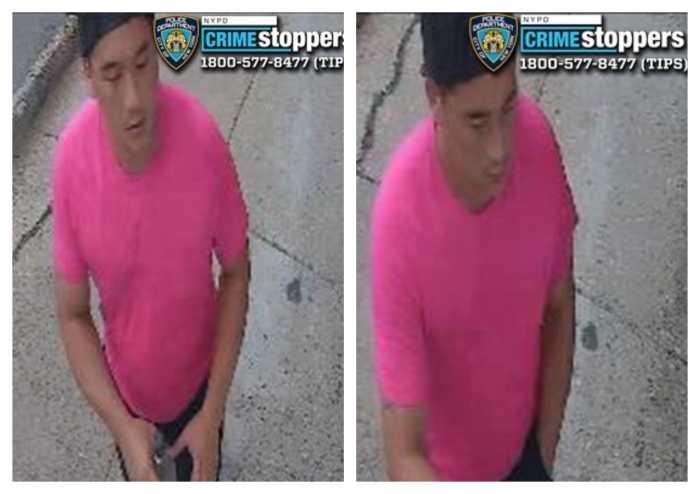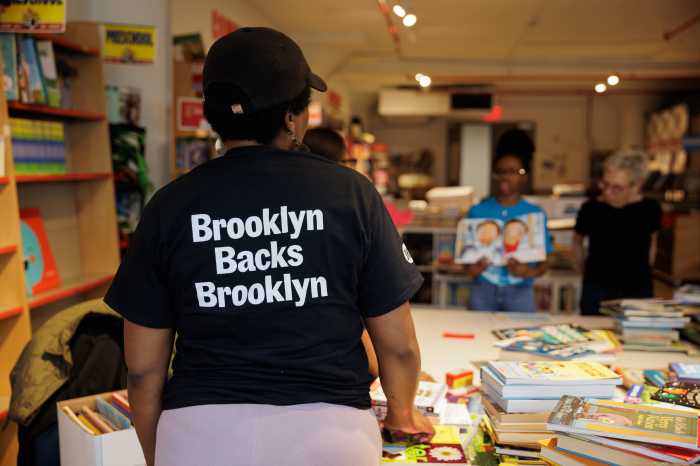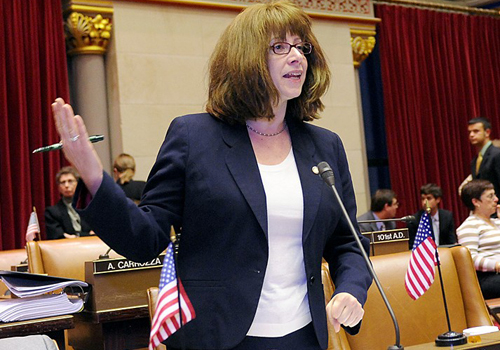
BY PAUL SCHINDLER | Legislation aimed at ensuring better hospital training for caregivers — and empowering them to advocate on behalf of their loved ones — which was shepherded through the State Assembly by Upper West Side Democrat Linda B. Rosenthal, has been signed into law by Governor Andrew Cuomo.
The Caregiver Advise, Record and Enable (CARE) Act, to which the governor gave his approval on October 27, establishes requirements for hospitals to ask patients to designate an official caregiver and to offer that caregiver any training they might request about carrying out home aftercare.
According to Chris Widelo, the associate state director at AARP New York, which was a leading advocate for the bill, the standards imposed by the law reflect what have been best practices at some hospitals but were not universally observed.
“We want to avoid instances where patients are discharged and then have to be readmitted because they didn’t receive adequate care at home,” Widelo told Manhattan Express. “Hospitals want to avoid readmission, so now at different points they may ask if there is a caregiver. That could be just overlooked if there is no legal obligation.”
He noted that home aftercare can include cleaning and dressing wounds, administering complicated medication regimens, and operating and cleaning medical machinery. “Now, caregivers would be given, for example, a live demonstration on dressing a wound,” Widelo explained. “This gives another set of eyes and ears when you are discharged.
According to AARP, more than 2.8 million New Yorkers provide unpaid care to family members at home and 1.6 million adult New Yorkers are discharged home from the hospital each year. Rosenthal, in a written statement announcing the law’s enactment, noted that with the population of seniors in New York growing, those figures are also on the rise.
By hospitals making an effort to identify an official caregiver, patients’ families will avoid a common problem — phoning the hospital to learn the condition of a loved one only to be told that information cannot be given out. Widelo noted that the privacy provisions of the federal Health Insurance Portability and Accountability Act (HIPPA) offer patients important confidentiality protections, but can also get in the way of adequate communication between medical professionals and a patient’s caregiver. “We’ve heard stories of ‘Mom being in the hospital and then sent to another hospital and we didn’t know,’” he said.
Noting that all sides share an interest in improving patient outcomes while complying with HIPPA and other privacy considerations, Widelo said that the state’s hospital association and groups representing nurses were on board in putting the CARE Act together.
In her statement, Rosenthal said, “We all heave a sigh of relief when a loved one or family member is discharged home from the hospital after an illness or injury, but until now, we haven’t been doing nearly enough to ensure that caregivers are given the tools to provide safe and effective aftercare at home. With this law in place, caregivers will be given support that will help to prevent infection and costly readmission to the hospital.”
Beth Finkel, who is AARP New York’s director, credited the efforts by Rosenthal, the Senate sponsor, Long Island Republican Kemp Hannon, and Cuomo.
Other advocacy groups involved in pushing the legislation included the New York State Alzheimer’s Association, New Yorkers for Patient and Family Empowerment, and Services and Advocacy for GLBT Elders (SAGE). Catherine Thurston, who is SAGE’s senior director of programs, noted that an ancillary benefit of hospitals making it their business to identify official caregivers will come in their ability to identify those patients without support networks around them. Saying that a portion of SAGE’s constituency falls into that category, Thurston said, “This will allow hospitals to identify those patients who are most profoundly isolated, who say, ‘I don’t have anyone,” and then work to connect them to services to help them in aftercare.”
Measures like the CARE Act are already law in 11 other states, including New Jersey, with Connecticut and two other states currently looking to follow suit.
Contact Paul Schindler at Editor@ManhattanExpressNews.nyc.





